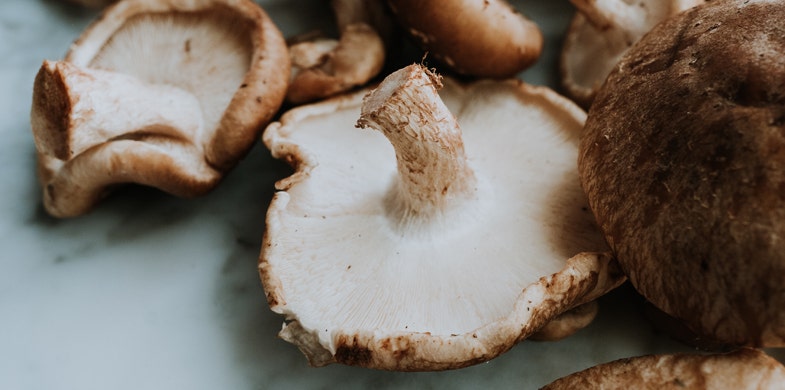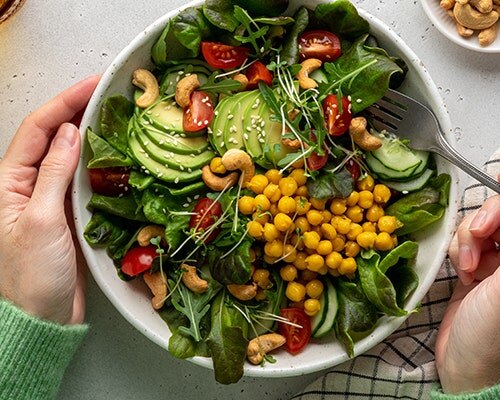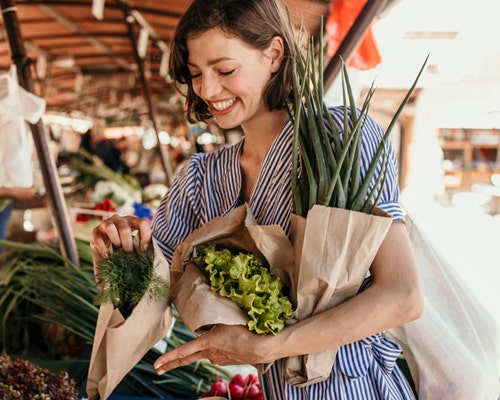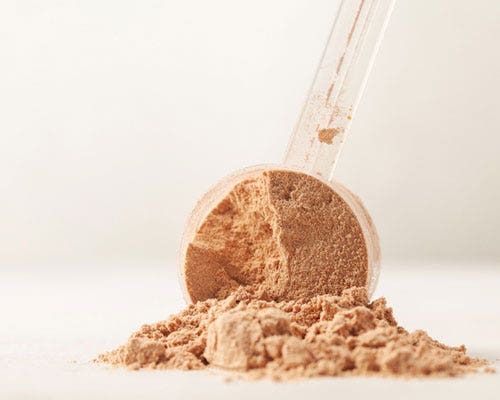How Vegans Can Be Smart About Vitamin B-12
- 8/1/22


As a vegan, animal products aren’t the only things you give up! You also miss out on vitamin B-12, so get a taste of how to get it naturally.
Going vegan has a lot going for it. It’s good for your health. It’s kind to animals. It saves the planet and protects the climate. But while a lot can be said about going vegan, a little-known problem is that it’s hard to get enough vitamin B-12 to sustain your health while you’re sustaining the world. That’s because many of the natural sources of B-12 are off the menu for a vegan, so it’s only natural to become deficient. But you don’t need to starve your body of this vital vitamin! Check out these vegan-friendly ways to naturally feed your B-12 needs.
The ABCs of Vitamin B-12
In the alphabet of vitamins, B-12 is one of the most important you can get. Vitamin B-12 is an essential nutrient that helps your body form DNA, while keeping your blood cells and nerve cells healthy, and nourishing your brain and nervous system. It’s not only considered essential because your body needs it to function, but also because your body can’t produce it on its own. This means that you need to get it from outside sources like food.
How Much Vitamins B-12 Do You Need?
According to the National Institutes of Health (NIH), the recommended daily amount of vitamin B-12 for adults and teens is 2.4 micrograms a day. Pregnant women should up their intake to 2.6 micrograms each day, while women who are breastfeeding need 2.8 micrograms daily.
Why Vegans Are Hungry for B-12
If you’re a meat lover, fish fan, pro-poultry, egg eater, or dairy devotee, then it’s easy to get your daily dose of vitamin B-12 because these foods are its natural sources. But this can leave vegans starved of this healthy essential, which is why it’s common for vegans to develop a deficiency or become anemic. But if you’re a vegan, you don’t need to trade your flax for fish or your beans for beef any time soon because there are foods that will naturally satisfy both your B-12 and vegan needs.
Vegan Versions of Foods Full of B-12
As a vegan, you’ll find that naturally fortifying your diet with B-12 will involve eating some fortified foods, along with some plant-based sources. The best natural sources of B-12 include:
-
Nutritional yeast – This fortified form of deactivated yeast has a cheesy, pleasing taste that makes it perfect for cheesy vegan recipes, sprinkling over salads, or perking up your popcorn.
-
Fortified non-dairy milk – Whether you go for almond, soy, cashew, oat, or hemp milk, these non-dairy drinks can go a long way toward helping you meet your B-12 goals.
-
Fortified breakfast cereals – The breakfast of champions is also a winner for vegans looking to start the day with a fortified serving of B-12, but it goes beyond the morning meal by mixing a handful into trail mix or adding a crunchy topping to casseroles.
-
Fortified plant-based meat substitutes – You won’t miss the meat—or the vitamin B-12!—with these fortified meatless alternatives that are great on the grill or topping a salad.
-
Tempeh – This fermented soybean cake is not only good for your gut and digestive system, but tempeh is also tempting because it’s a good source of vitamin B-12 and it’s great tossed into a stir-fry.
-
Shiitake mushrooms – The magic of these mushrooms is how they let you add a savory serving of vitamin B-12 to salads, wraps, and sauces.
-
Nori seaweed – This edible seaweed is full of vitamin B-12, along with ways to eat it, whether wrapping your vegan sushi or baked to a crisp for chips.
When to Supplement Your Vitamin B-12 Needs
While it’s easy to find vegan-friendly sources of B-12, it can be tough to eat enough. To help you reach the recommended daily dosage, consider reaching for a high-quality vitamin B-12 supplement. You want to choose a raw vitamin because what doesn’t go into your supplement is as important as what does! Raw vitamins are produced without high heat, synthetic binders or fillers, artificial additives, gluten, dairy, or animal by-products. What they do contain is the nutrient from the most natural sources possible.




